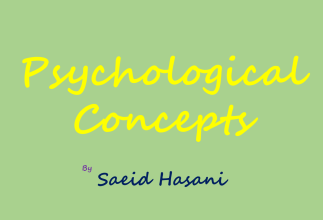1: Connection Between Self-Esteem and Self-Confidence
Self-esteem and self-confidence are closely related psychological concepts that influence each other. Both are essential for psychological well-being and personal development.
- Self-esteem is the overall sense of self-worth and self-value. It reflects how much a person appreciates and respects themselves.
- Self-confidence is the belief in one’s abilities to succeed in specific situations or accomplish tasks.
A person with high self-esteem is more likely to develop self-confidence because they believe they are inherently valuable and deserving of success. Similarly, repeated successes and competence in tasks can boost self-esteem over time.
However, it is possible to have confidence in certain abilities while still having low self-esteem (e.g., someone may be confident in their academic skills but feel unworthy in personal relationships).
2: Differences from a Psychological Perspective
| Aspect | Self-Esteem | Self-Confidence |
|---|---|---|
| Definition | Overall sense of self-worth | Belief in one’s ability to succeed in specific areas |
| Stability | More stable over time but can fluctuate | Can vary significantly depending on the task or situation |
| Source | Internal (self-perception, self-acceptance) | External (experience, skill development, achievements) |
| Impact | Affects emotional well-being and relationships | Affects performance and motivation |
| Example | Someone who values themselves regardless of success or failure | Someone who believes they can deliver a great presentation but may still struggle with self-worth |





